Silverstone Hydrogon H90 ARGB
INTRODUCTION
By packing a surprising 4 heat pipes into the form factor of a biscuit, Silverstone managed to put together one of the most condensed CPU cooler we have seen so far! But will it outperform other ultra-small low profile options?
POSITIVE
- Excellent Max-Performance
- Acceptable Noise-to-Performance
- Affordable
- Easy Installation
- Good RGB implementation
NEUTRAL
- ARGB
NEGATIVE
WHAT'S IN THE BOX?

In an all-SFF fashion, the Hydrogon H90 comes inside a miniature packaging covered with some images and specs. Inside the box, you will find the following items inside the box:
- Silverstone Hydrogon H90 Heatsink
- 92mm ARGB Fan
- Installation Hardware AMD & Intel
- Thermal Paste
Down below you will also find a short summary of the specs of the cooler:
| Name | Silverstone Hydrogon H90 |
| Dimension | 95x95x48mm (DxWxH) |
| Fan |
In-house made 92mm Fan |
| Fan Airflow |
Up to 45.73CFM |
| Fan Connection | PWM |
| Fan Speed |
< 2600 RPM |
| Fan Noise |
< 34.6dbA |
| Fan Air Pressure |
Up to 2.29mm/H2O |
| Color |
Black |
| RGB |
Illuminated Central Fan Hub |
| RGB Connection |
3-Pin ARGB with splitter |
| Ram Restriction | - none - |
| Extra | - none - |
COMPATIBILITY
Considering that it is not always the case, the Hydrogon H90 maintains a quite long compatibility list. Down below you will find the full compatibility list:
| Intel | AMD |
| LGA1700 | AM5 |
| LGA1200 | AM4 |
| LGA115x | |
| LGA 2066 | |
| LGA 2011 |
INDIVIDUAL COMPONENTS
FAN
Mounted using regular fan clips, Silverstone includes an in-house made 92mm ARGB fan.
Whilst spinning at max 2600RPM, this little fan can push an impressive 45.73CFM at up to 2.29mm/H2O.

To control the speed and color of the fan, there is a 4-Pin PWM and a 3-Pin ARGB cable including splitter attached to the fan.

HEATSINK
At 33mm total heatsink height, the Silverstone Hydrogon H90 is one of the smallest heatsinks present in our benchmark list.
Due to it being as small as it is, there is no interference with any surrounding components whatsoever, making the cooler compatible with basically every motherboard.

Left in its original silver aluminum color, there is little else to be said about it except for its size.

BASE
At the bottom of the cooler, we will find a nickel-plated copper base. Very surprisingly, however, Silverstone managed to pack a staggering 4 heat pipes into a heatsink as small as the average biscuit. Two of the heat pipes are traveling one way making a U-turn into the heatsink whilst the other two do the same on the opposite side.

APPEARANCE
The fan being the only feature of the cooler still visible once installed is also the eye candy part at the same time. From the center of the fan, there are several LEDs shining their ARGB light into the 11 milky- blades of the fan. Thanks to them being strong enough the light reaches the outer border of the fan without making the individual LEDs visible to the naked eye.
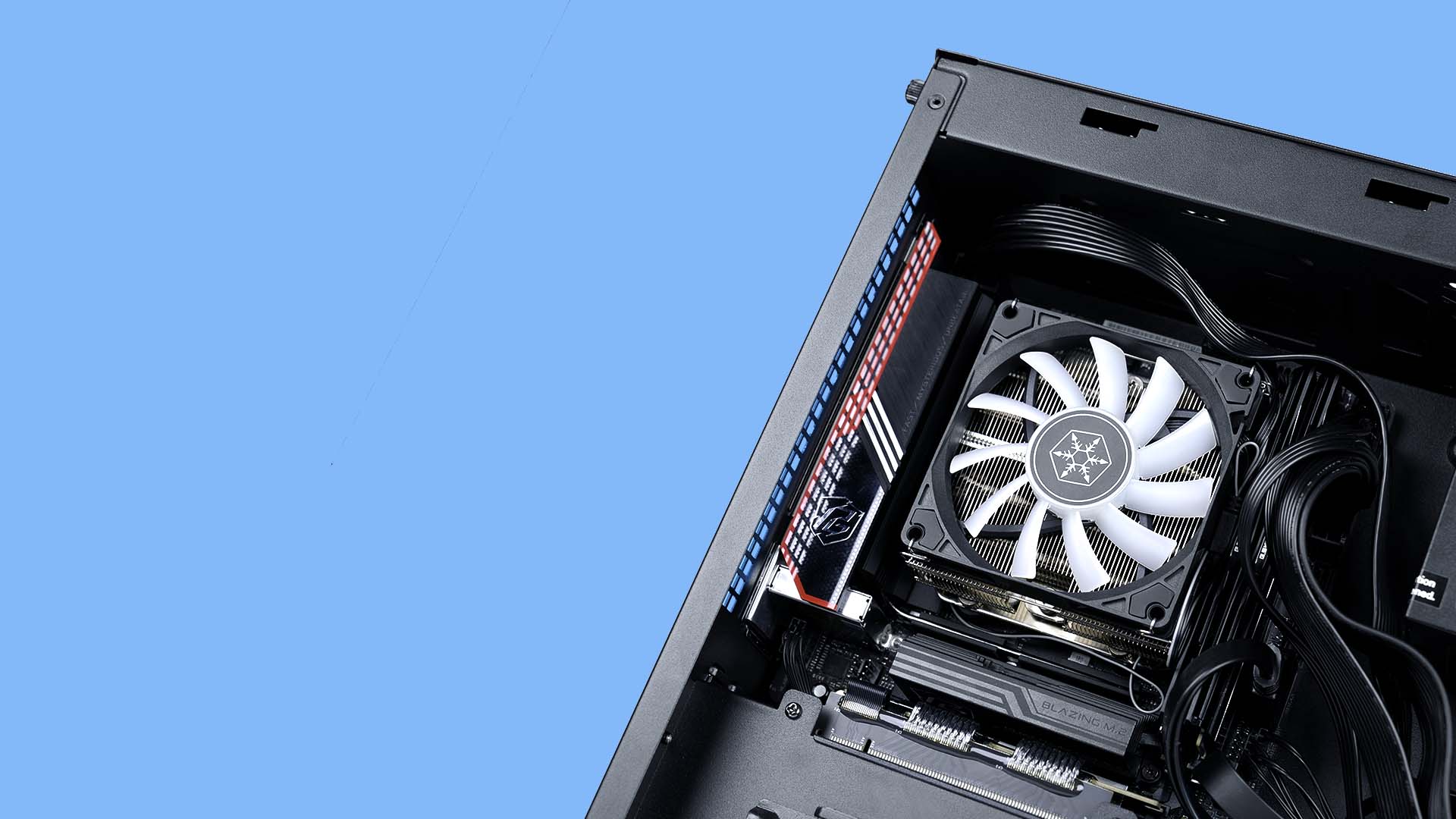
BENCHMARK
We benchmarked the cooler using our new CPU Cooler Benchmark Machine featuring 3 different Workloads at 320, 250, and 120W.
Naturally, Silverstone Hydrogon H90 being a small form factor, only the 120W workload applies. This generally applies to all SFF-type coolers.
120W
On the "light" workload at 120W, Silverstone Hydrogon H90 managed to keep the CPU at 61.8°C above ambient. This puts it 1.5°C in front of the Pure Rock LP, the only other size-comparable cooler on the list.
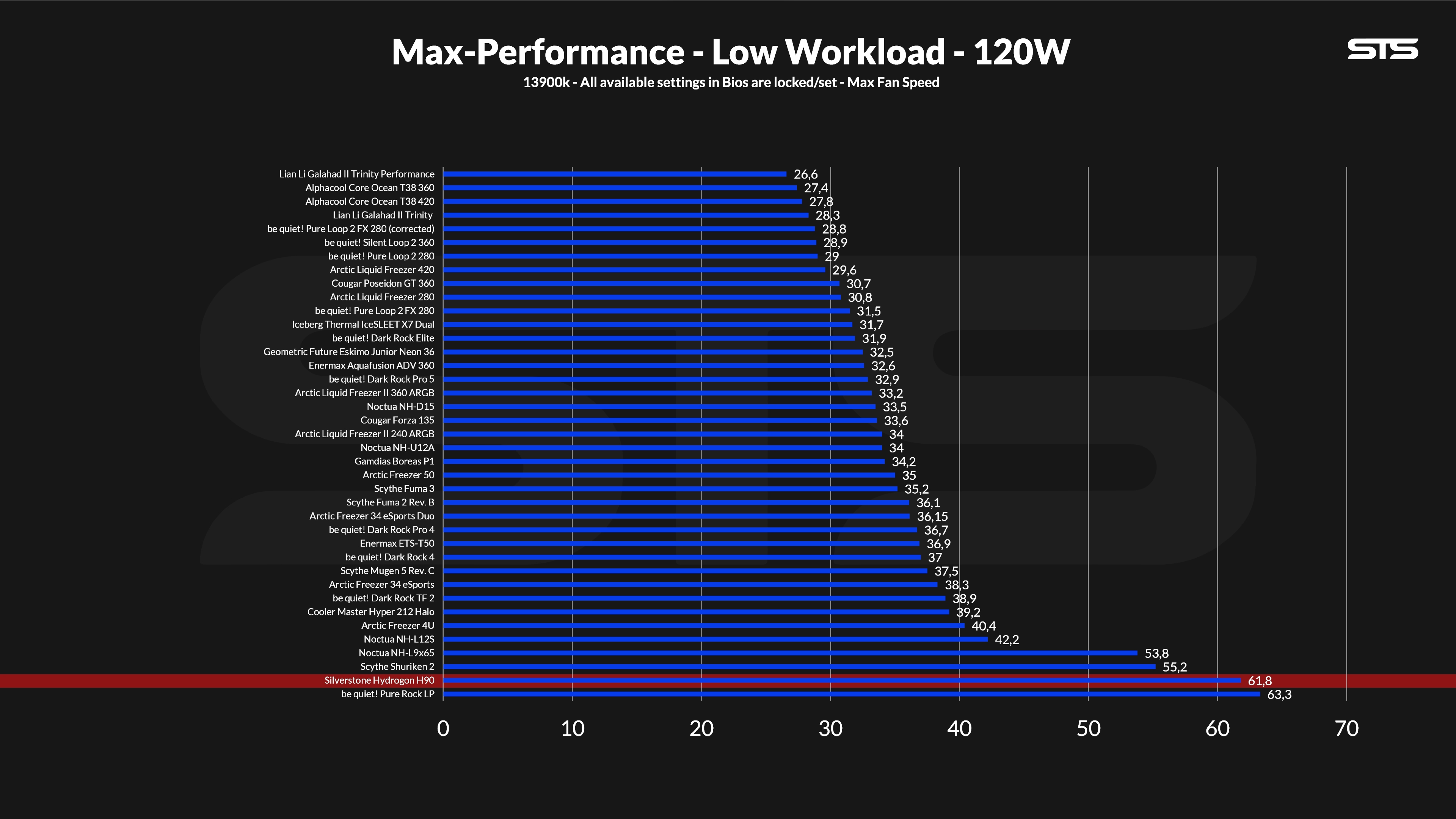
By slowly lowering the fan speed, we created a Nosie-to-Performance graph.
On this one, we were able to observe that the biggest strength of the Hydrogon H90 is definitely its burst performance. While not being obnoxiously loud, it is still quite a bit behind be quiet!'s alternative from high to low fan speed.
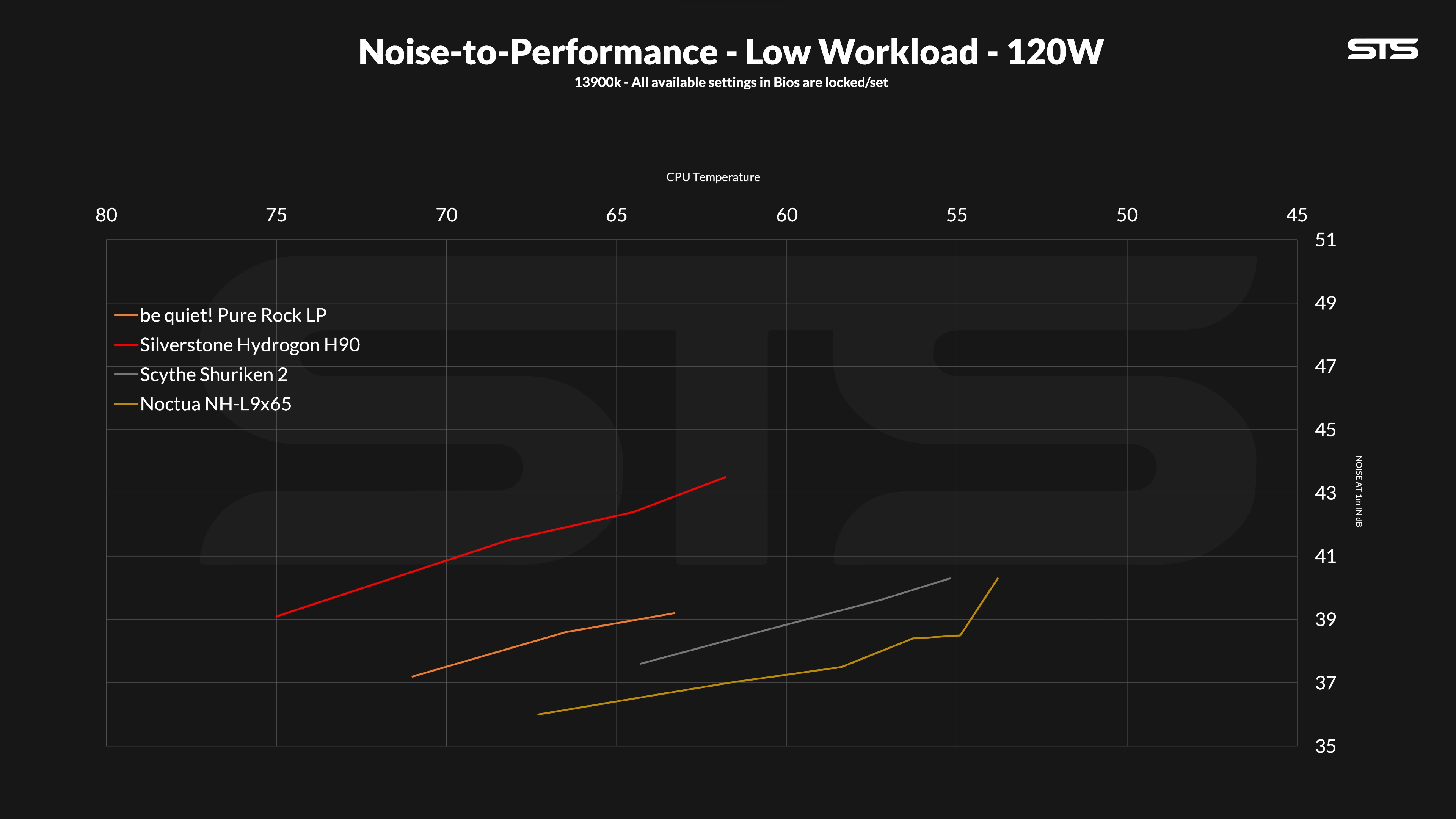
CONCLUSION
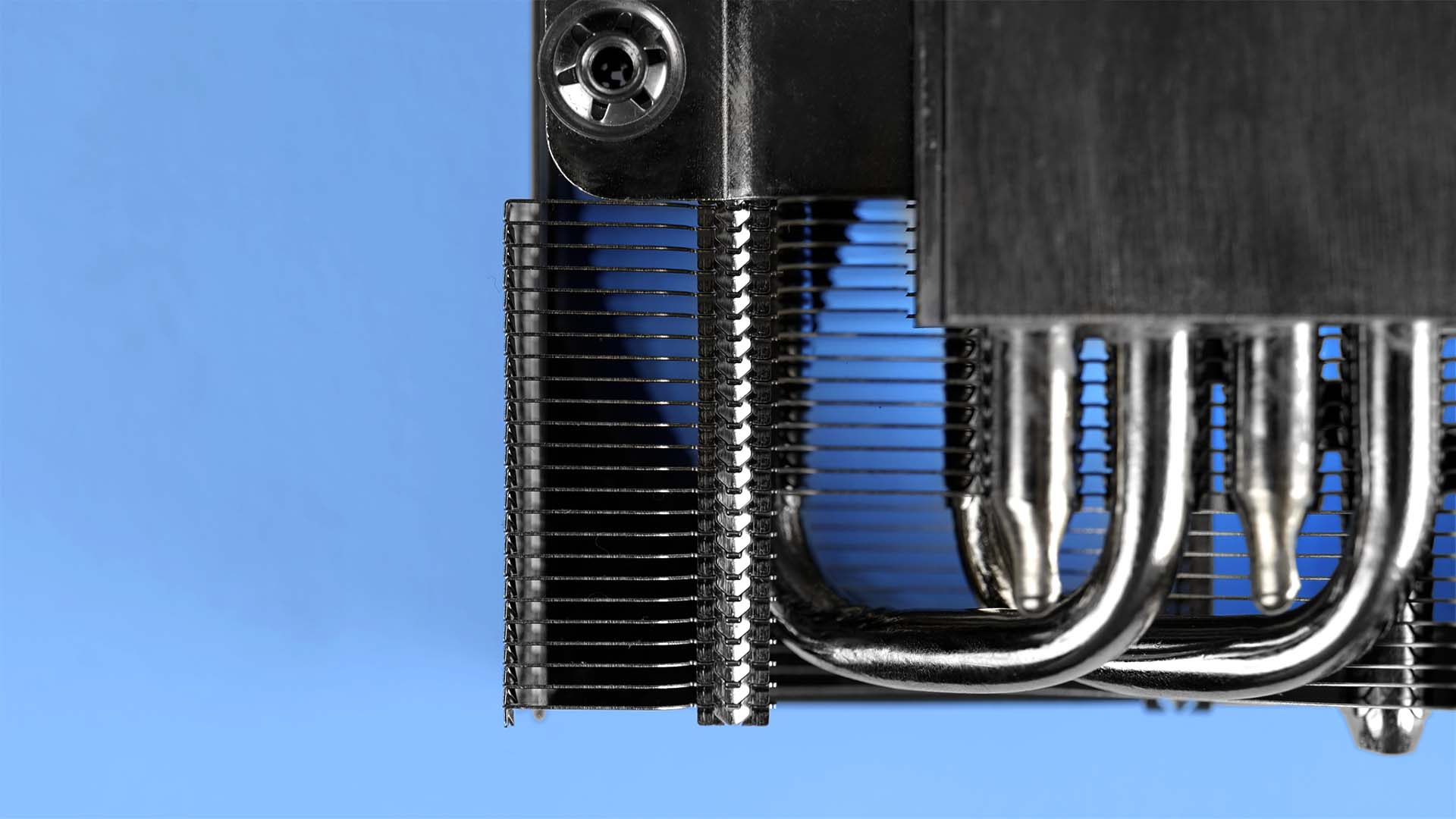
Comparing the Hydrogon H90 to the be quiet! Pure Rock LP, it is a question about favoring maximum performance vs. an improved Noise-to-Performance ratio.
Allowing the Hydrogon H90's fan to spin at its max speed did allow it to outperform the Pure Rock LP by quite a bit. However, this advantage came at a cost, the cost of noise.
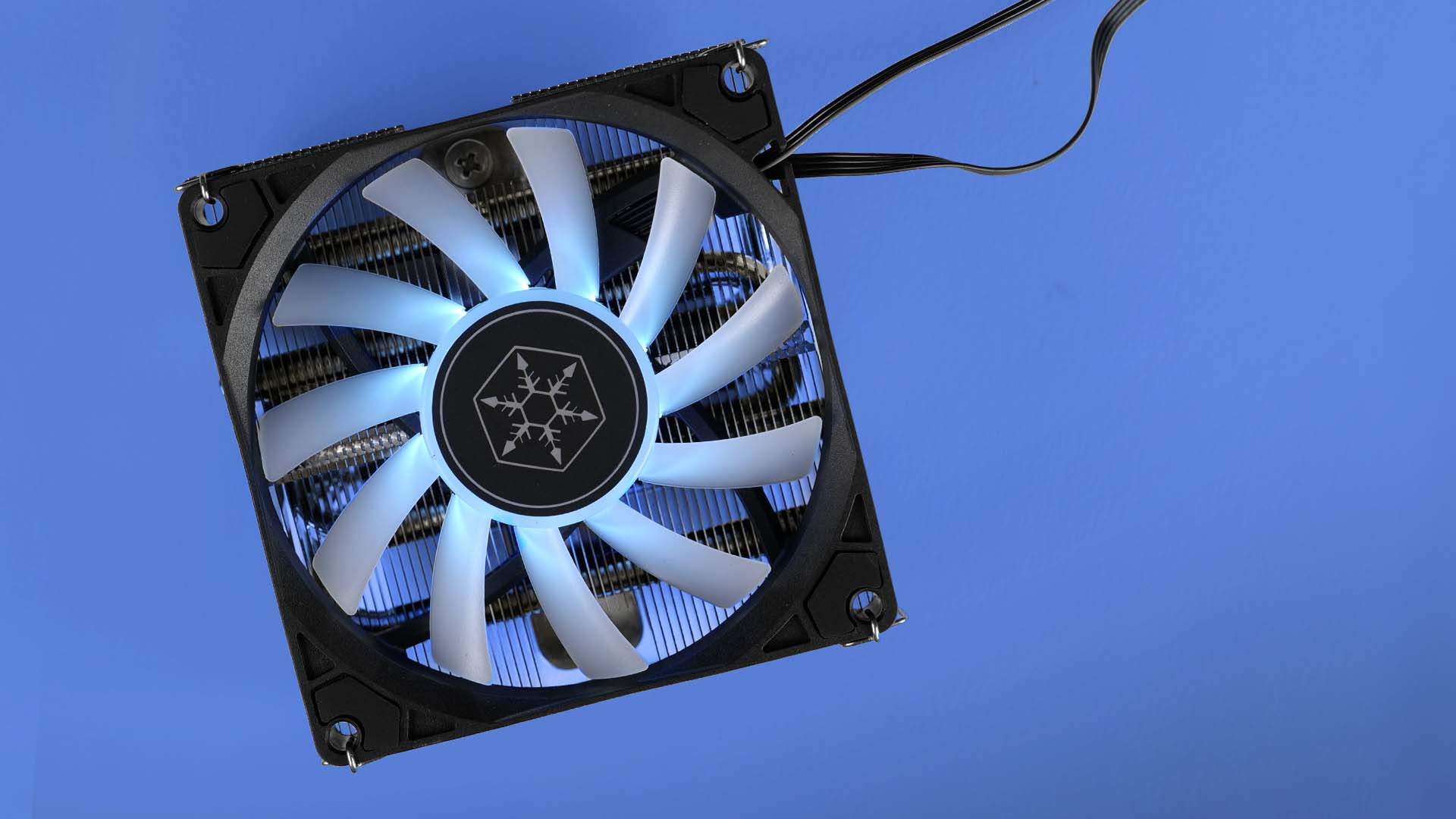
Generally, the Hydrogon H90 left a very positive impression. The quality is where it should be and the ARGB implementation is adequate. Performance-wise, it is also good considering the size, with its noise being one of its weaker aspects.
An unexpected positive aspect of the Hydrogon H90 was its installation method. Considering the alternatives, it was surprisingly easy and the spaced-out fan blades even allow to install the cooler after the fan has been mounted to the heatsink, making it a quite enjoyable experience.
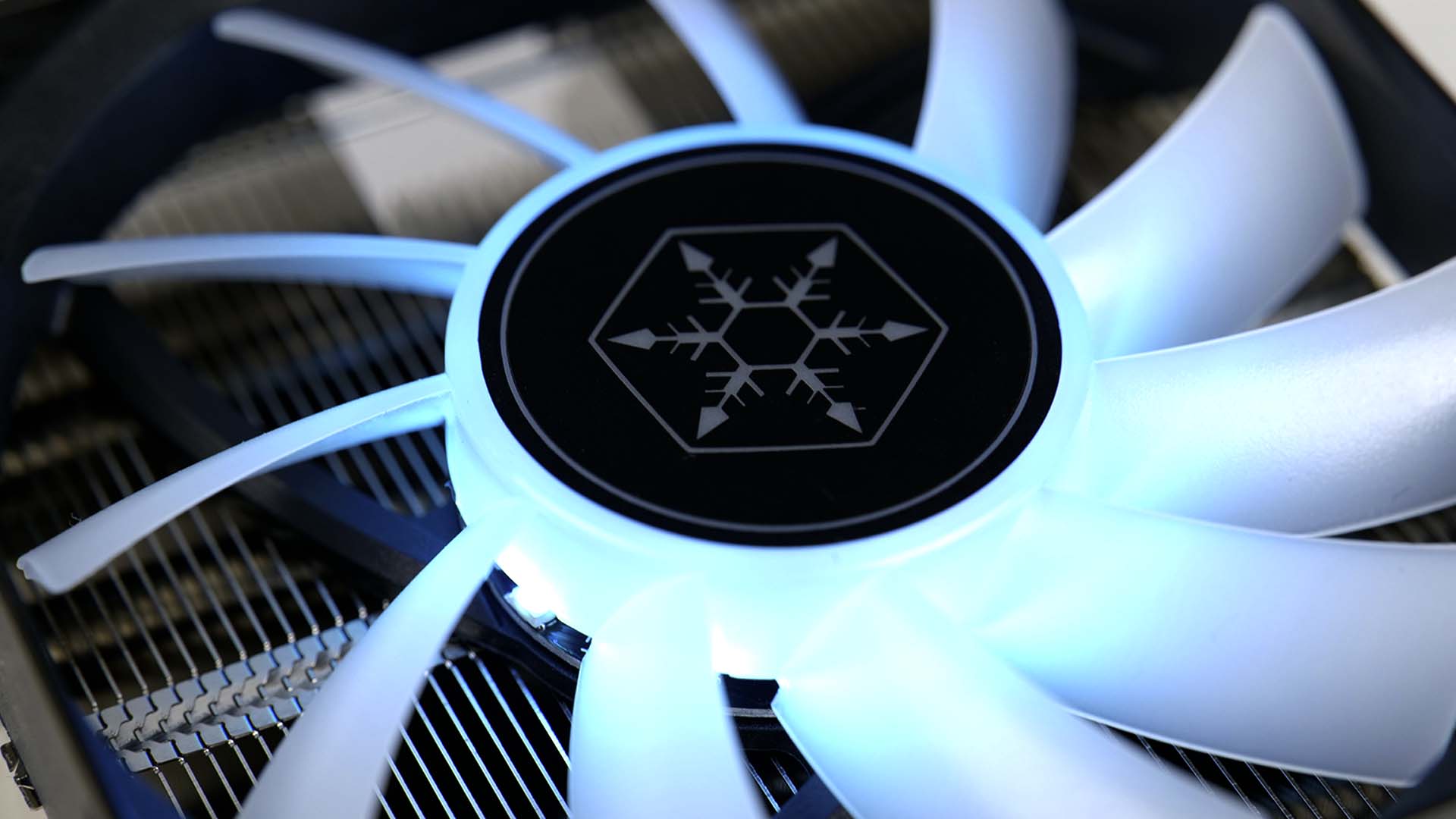
Comparing the two options on our benchmark charts head to head, the choice boils down to which one you favor more, max performance or average noise to performance.

Therefore, similarly to the Pure Rock LP, we can absolutely recommend the H90, but solely for SFF-appropriate use cases such as a 13600- non K or 7600- non X.

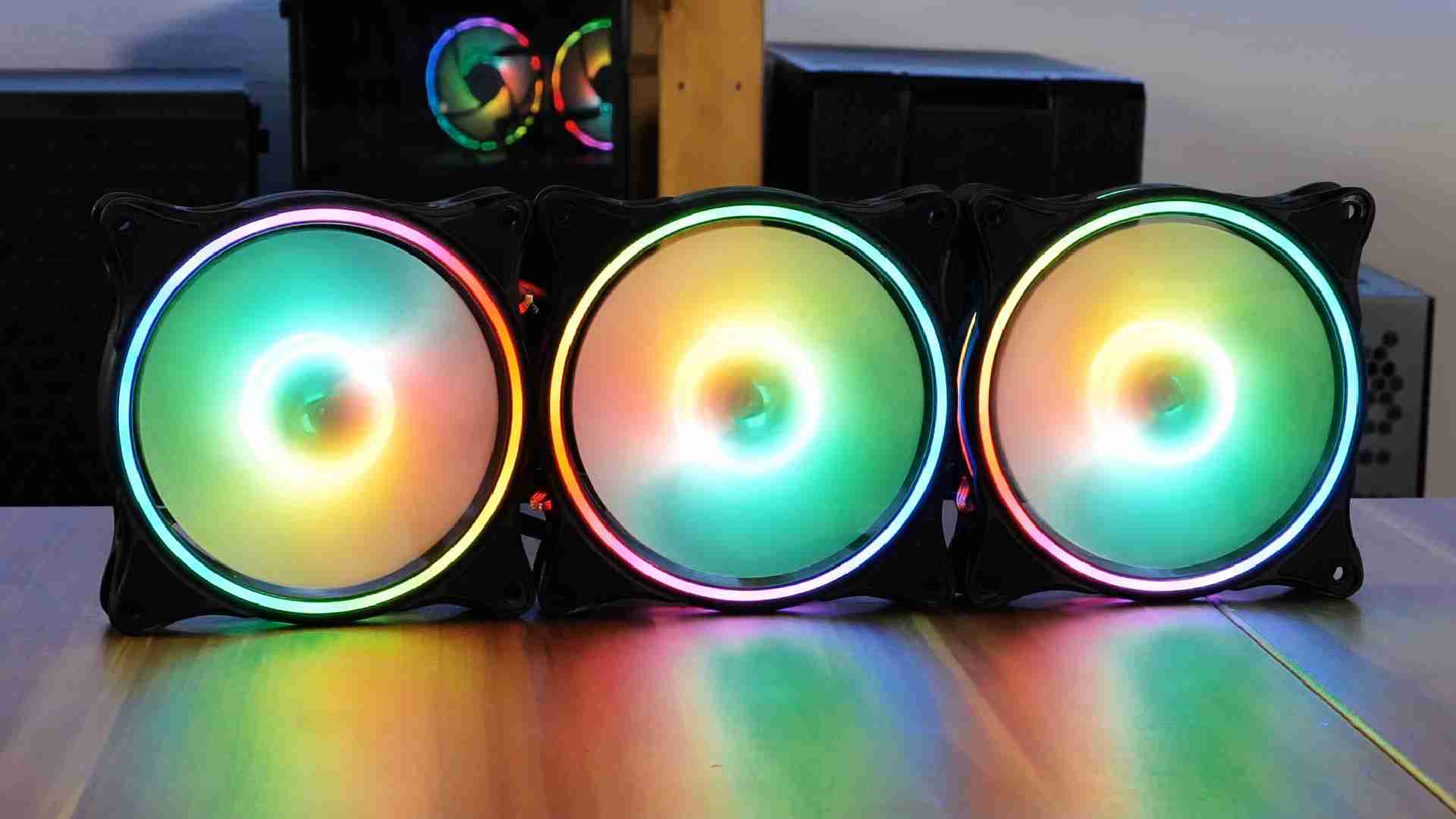
Inter-Tech RS-08 Review
Inter-Tech released another set of Fans. Under the Argus name, Inter-Tech included a completely new feature in their RS-08 Mo
Read More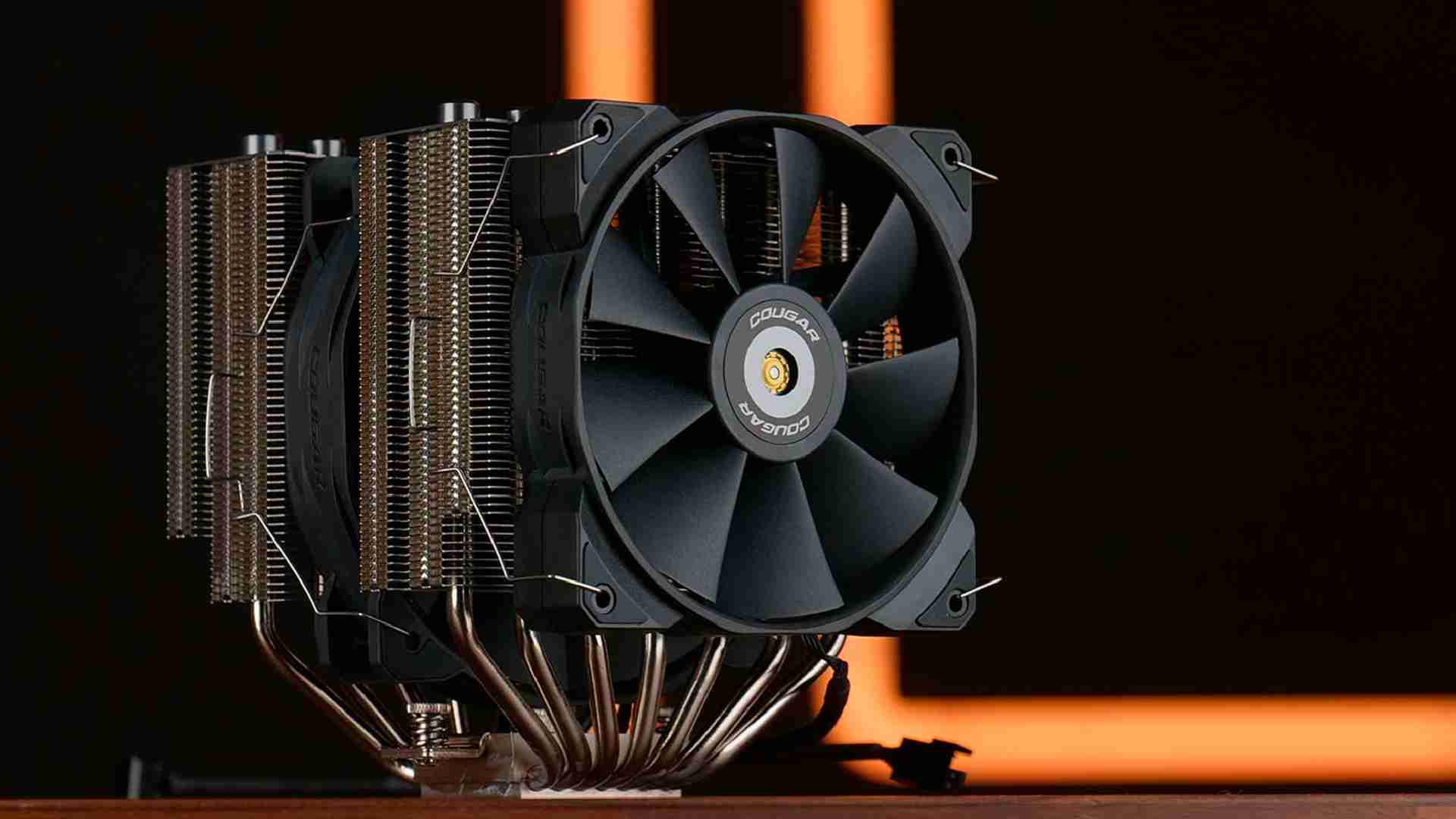
Cougar Forza 135
Featuring 7 heat pipes and fans strong enough to grind a piece of wood into pieces makes the Cougar Forza 135 the next contes
Read More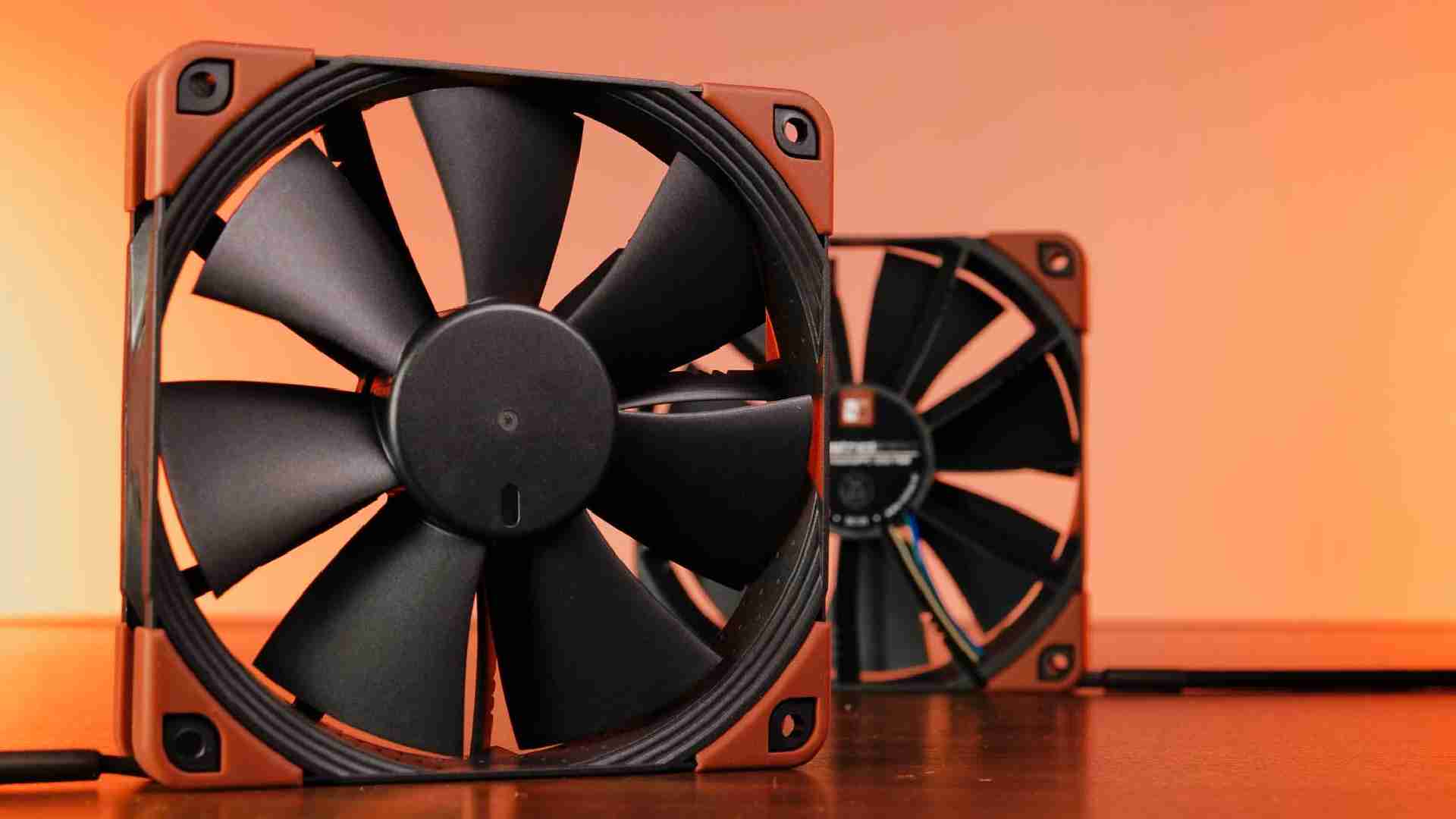
Noctua NF-F12 industrialPPC 3000PWM Review
Monsters. The best word we could find to describe Noctuas industrial line of Fans is Monster. Lets find out why their 3000RPM
Read More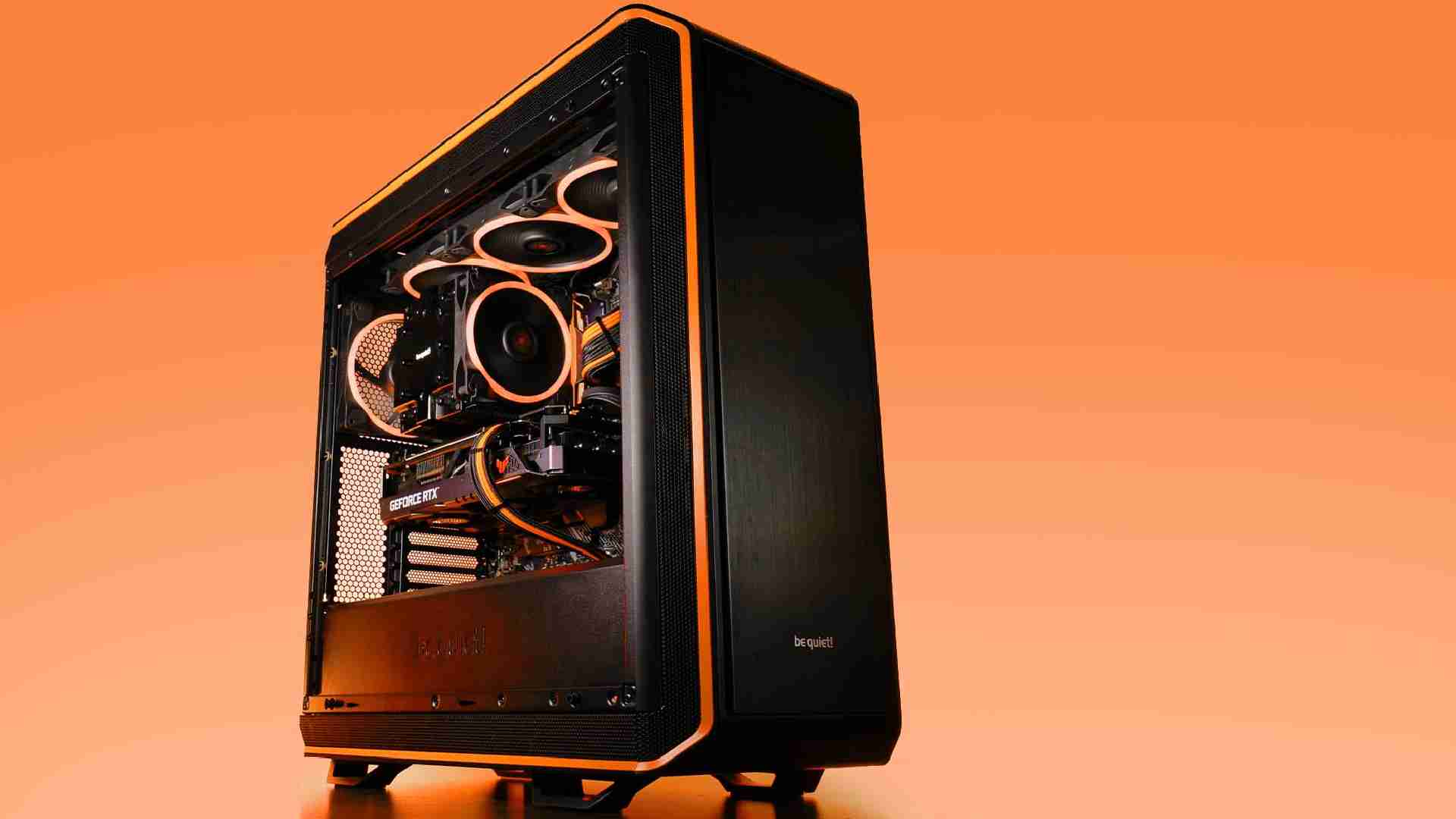
be quiet! Dark Base Pro 900 Rev.2 Review
The higher you get on be quiet!s case lineup, the more complicated it gets. The Dark Base Pro 900 Rev.2 is definitely the pin
Read More